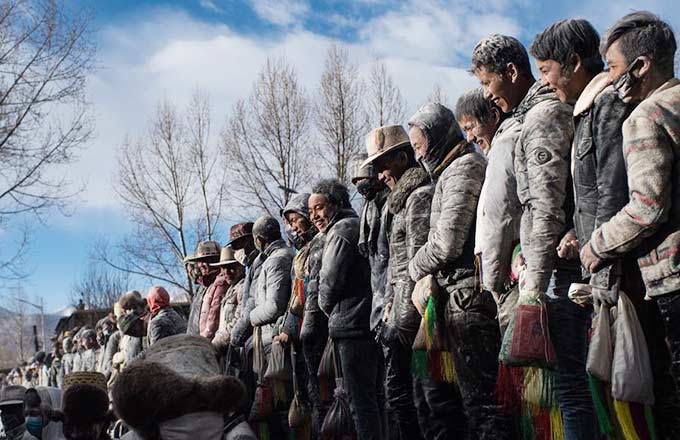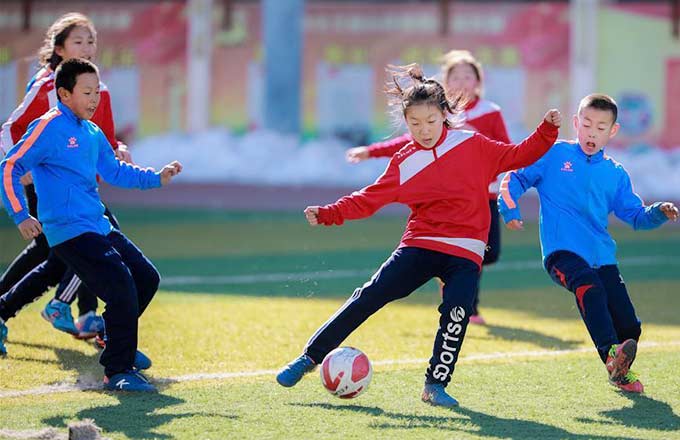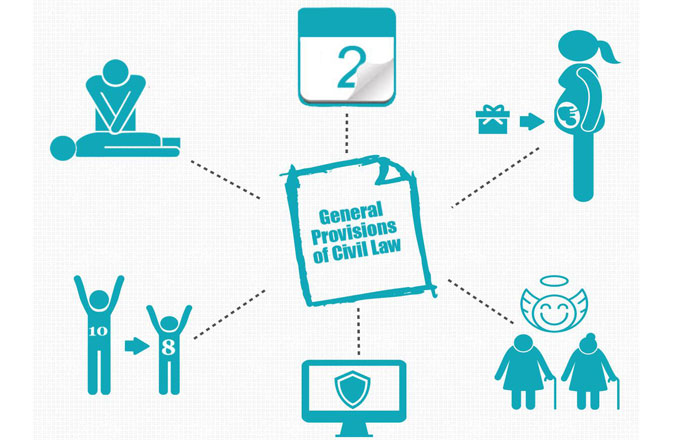China sleep quality index released
Sleep quality for Chinese has consistently improved in the past five years, according to the latest China Sleep Quality Index 2013-2017 report.
The 7,116 respondents from across the country scored an average 74.2 points in the latest survey conducted in February by the National Association of Health Industry and Enterprise Management and Dataway, a market research company. The result is almost 10 points up from 2013, it said.
The trend is compatible with increasing public attention to sleep quality, as cited by the number of related online searches on Baidu, Du Xizhao, head of the association, said at the report launch on Friday.
"Quality sleep is a crucial factor of good health and people should attach great importance t to the issue and try balancing rest and work," he said.
For sleep patterns, the average length of sleep is between 7 and 9 hours, the survey found. And the proportion of those going to bed after 12 am has kept dwindling from 32.5 percent in 2013 to 10 percent now.
Among all capital cities of Chinese provinces and autonomous regions and the municipalities, Xining, Shanghai and Haikou made the top three for residents' sleep quality, the report showed.
Beijing ranked 11th in the list. At the bottom are Urumqi, Guangzhou, and Chengdu.
It also found large cities tend to have poorer sleepers than small and laid-back cities. But this gap has been shrinking over the years, according to Du.
The capability to free sleep from daytime negative emotions has risen to 33 percent, up from the 21 percent in 2015, found the report.
Major sleep problems are difficulty falling asleep and insomnia. Women are slightly more susceptible to insomnia, experts said. Others include excessive dreams, interrupted sleep, sleepiness, snoring and early wake-up.
How does work impact sleep?
The survey found that nearly 31 percent of people get up early for work and that 21 percent reported dreaming about their jobs.
More than 48 percent of public transport commuters doze off on the way to office, it said.
The best sleepers, the survey found, in terms of occupations, are blue-collar workers and those who work in sales, who averaged more than 75 points for sleep quality.
Teachers recorded the poorest sleep, largely due to early hours, many getting up before 7 am. Media workers tend to go to sleep late, at 23:16 pm on average, it showed.


















